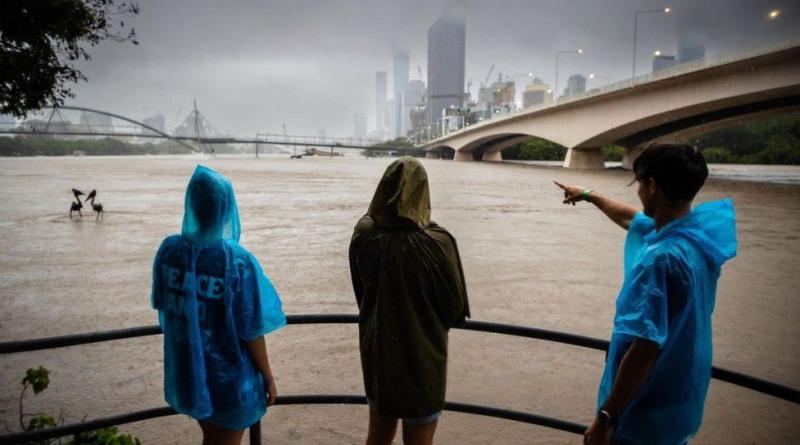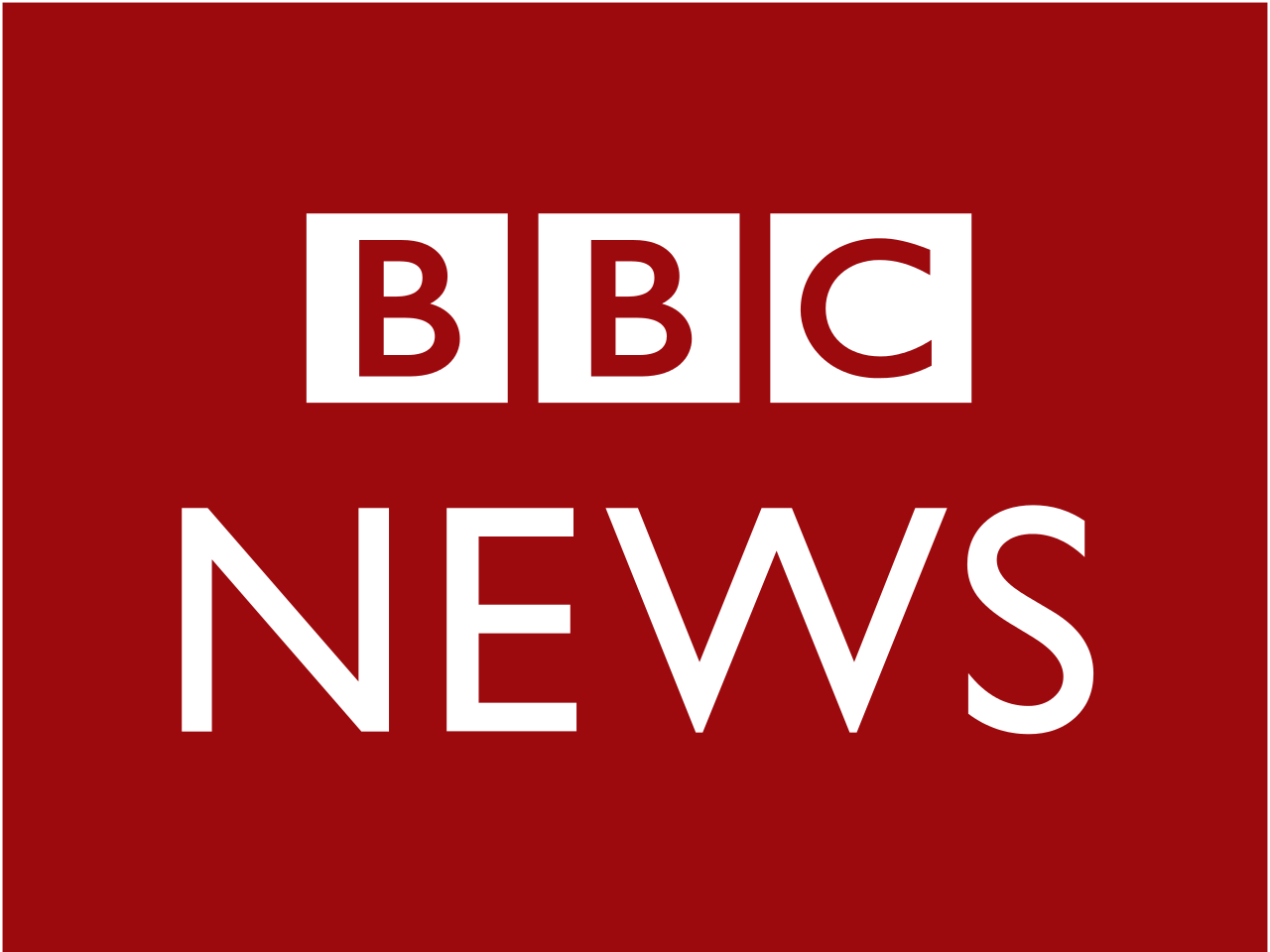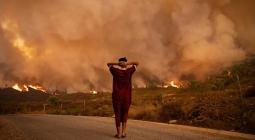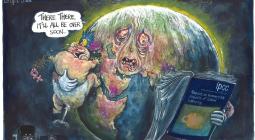Climate change: Five things we've learned from the IPCC report

A new report released this week by the UN's Intergovernmental Panel on Climate Change (IPCC) looks at the causes, impacts and solutions to climate change.
The report gives the clearest indication to date of how a warmer world is affecting all living things on Earth.
Here are five things we learnt from it.
1- Things are way worse than we thought
From the melting of the Greenland ice sheet to the destruction of coral reefs, climate related impacts are hitting the world at the high end of what modellers once expected. And much more quickly than previously assessed by the IPCC.
Right now, as the new report makes clear, around 40% of the world's population is "highly vulnerable" to the impacts of climate change.
But the burden is falling mainly on those who did the least to cause the problem.
"For Africa around 30% of all the maize growing areas will go out of production, for beans it's around 50% on the current emissions trajectory," said Patrick Verkooijen, CEO of the Global Center on Adaptation, which assists governments and the private sector in pushing for large scale adaptation solutions.
"So there are certain parts of the world, particularly in Africa, which will become uninhabitable."
"And time is running out, as the IPCC report clearly says, to stop the forces driving this new climate apartheid," he told BBC News.
2 - Loss and damage gets scientific backing
For several years, developing countries have been trying to get richer nations to take the idea of loss and damage seriously.
It's defined as those impacts of climate change that can't be adapted to, or slow onset events like sea level rise.
It has been very controversial because it is bound up with the long-term historical responsibility for carbon emissions - and richer nations fear being dragged through the courts and forced to pay indefinitely for current and future losses and damages that they have contributed to.
At COP26 in Glasgow, political progress on the issue stalled when the US and EU blocked a dedicated funding facility for loss and damage.
Now the IPCC clearly states that the observed impacts of climate change include "widespread adverse impacts and related losses and damages to nature and people."
The endorsement by the IPCC is likely to give loss and damage a major boost in climate talks, a fact recognised by the UK's COP President, Alok Sharma, who is in charge of UN negotiations until COP27 begins in Egypt later this year.
"Today's report underscores the urgency with which we must prepare for climate change and address a new reality of loss and damage, especially in the world's most climate-vulnerable communities," he said. "The next decade is crucial."
3 - Technology is not a silver bullet
According to the IPCC, the use of some technologies designed to limit warming or reduce CO2 could make matters worse rather than better.
There are also worries that machines that suck CO2 from the air could simply trigger the release of more warming gas.
"If you remove CO2 from the atmosphere, you'll get a rebound effect from the others in the carbon cycle," said Linda Schneider from the Heinrich Böll Foundation, who was an observer at the IPCC discussions.
"The oceans, the land reservoirs, will have an outgassing effect. And so some of the CO2 that that you removed from the atmosphere will be returned to the atmosphere."
4 - Cities offer hope
While large cities are hotspots for climate impacts, they also offer a real opportunity to avoid the worst impacts of warming.
As cities continue to grow they can push for renewable energy, greener transport, and buildings. This could limit destructive climate impacts for millions.
"We point very clearly to the cities of the world as a key place for mobilisation," said IPCC co-chair Debra Roberts.
"This is where some of our most vulnerable people are located in coastal cities so that's already an entry point, you can change your options by beginning to mobilise around coastal urban development."
5 - The small window is closing fast.
While this is a bleak assessment of the impacts now and in the future, the authors remain convinced that the worst impacts can be averted - if we act in time.
The IPCC says this opportunity for action will only last for the rest of this decade, as the final sentence in the new report underlines.
"Any further delay in concerted global action will miss a brief and rapidly closing window to secure a liveable future."
If the world can cut emissions drastically and significantly boost spending on adaptation, that could avoid locking in certain disaster.
And it's not just about spending on green energy and electric cars. The authors say that investing in education, health systems and social justice could help people to cope with the impacts of rising temperatures.
Investing in nature will also be a bulwark against the worst, says the IPCC, which calls for 30-50% of the world to be conserved.
"Nature can be our saviour," said Inger Anderson, the head of the UN Environment Programme.
"But only if we save it first."
Matt McGrath
Environment correspondent
@mattmcgrathbbc
cover photo: Getty Images





